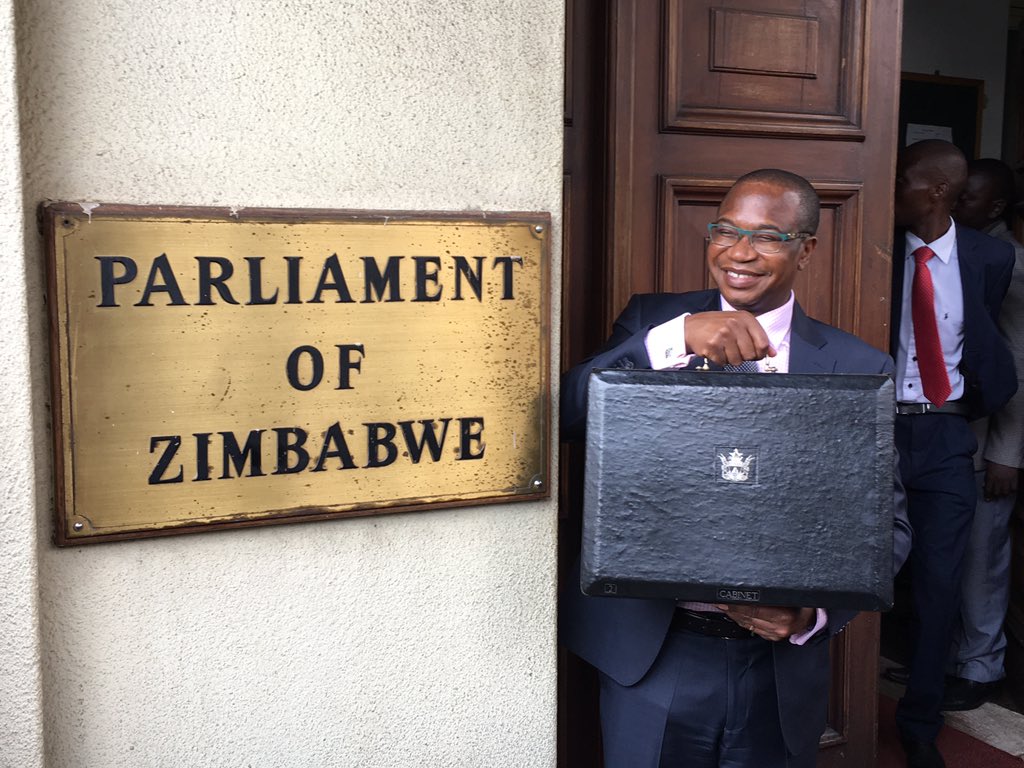by Rudo Saungweme
Intermediated Money Transfer Tax (IMTT) has seen Government surpassing December monthly revenue tax target over USD 129 million. A move which has been applauded by citizens indicating that some prices of basic commodities are now dropping down and some which were no longer available like cooking oil are now available in supermarkets.
Ministry of Information, Publicity and Broadcasting Services tweeted yesterday, “Revenue collection efficiencies are part of Government of Zimbabwe`s efforts to enhance resource mobilisation. IMTT, also known as 2 percent Tax is part of this effort. As a result, in December 2018 up to the 26th, USD 572.40 million was raised surpassing the monthly target by USD 129.1 million.”
A Government official who works in the Ministry of Finance and Economic Development who refused to be named on condition of anonymity said, “This is a great move indeed. We are confident with this Government and now we know that we are going somewhere. We can see light in these austere measures for prosperity by Minister of Finance and Economic Development Professor Mthuli Ncube.”
“The money can also be used to buy essential commodities. As you can see, fuel is now available and basic goods are also available. With this move by the end of 2019 next year, Zimbabwe`s domestic debt would have been cleared,” he said.
The price of basic goods like bread has gone to normal prices that is a dollar but some retailers are still selling the bread at $1.60 to $2.00. One netizens @zvobgoluckson1 posted, “Bakers Inn is selling bread at 0.90 cents but retailers are charging between $1.50 and $2.00.Why retailers and tuck shop dealers charging exorbitant prices?”
President Emmerson Mnangagwa castigated the behaviour of retailers who buy commodities from manufactures at normal prices and turn to charge ridiculous prices to the end consumer.
Speaking during a thank you rally in October this year in Murombedzi grounds President Mnangagwa said, “Most of the manufacturers and wholesalers are charging acceptable prices, but it is the retailers who have the biggest problem. I asked my young Minister, Ndlovu, to meet with them and I am waiting for further details. But if they refuse to reduce prices then they will also lose their licenses.”
The results of the austere measures have seen many citizens now starting to realise and understand what Professor Ncube meant by “austere for prosperity”. However the citizens bemoan some retailers who are still charging exorbitant prices despite things beginning to normalise.




